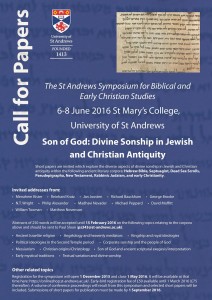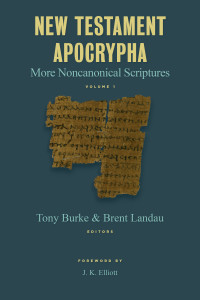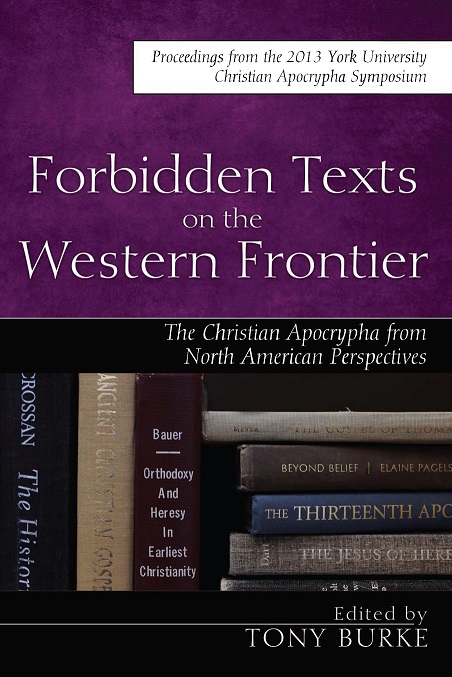New Book Series: Inventing Christianity

Penn State University Press is pleased to announce Inventing Christianity, a new book series edited by L. Stephanie Cobb and David L. Eastman. All books in the series will focus on the second and third centuries, a time when insiders and outsiders alike were grappling with what it meant to be Christian. This period saw shifting notions of clerical and textual authority, group boundaries, interpretive strategies, and ritual practices. The series will examine the numerous ways in which early Christianity was “invented” by different authors in different times to different ends.
The series editors seek innovative work that examines the broad theme of “inventing”—i.e., how early Christianity developed and how it was perceived to have developed—and contributes to the study of second- and third-century Christianity in its multiple forms and cultural interactions. In addition to studies of Christian texts, communities, and issues, the editors invite books that cross religious boundaries and chronological periods. How, for instance, is Christianity “invented” by non-Christians? How is early Christianity “invented” in later eras? The editors welcome original work from a variety of disciplines and scholarly perspectives.
Questions or submissions should be directed to Penn State University Press:
Kathryn B. Yahner, Acquisitions Editor
kby3@psu.edu
or to the series editors:
L. Stephanie Cobb
scobb@richmond.edu
David L. Eastman
dleastma@owu.edu
Initial inquiries should take the form of a 3–5 page proposal outlining the intent of the project, its scope, its relation to other work on the topic, and the audience(s) you have in mind. Please include a current …





